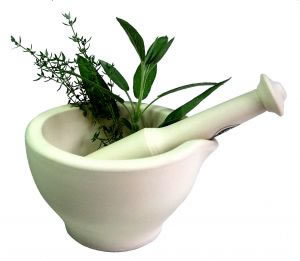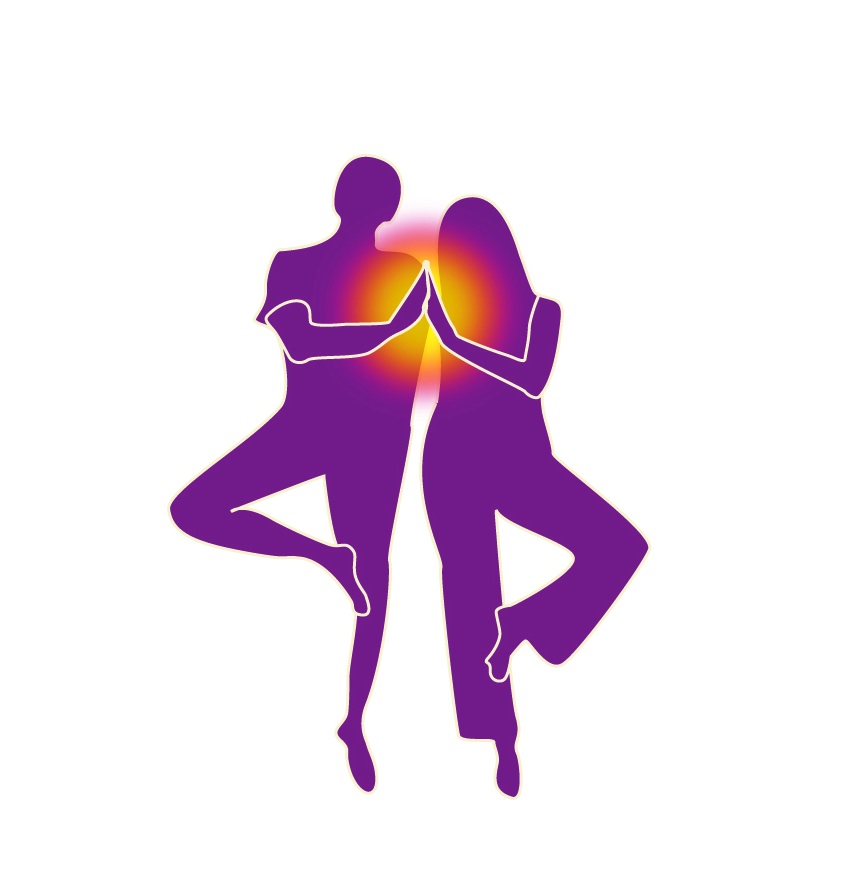Homeopathic Healing 101: What’s it Really About?
Guest Post by Bridget Galbreath
In a day and age when there is so much information on the news about links between medications and serious illnesses and disorders, it is no wonder that people are walking away from chemically produced treatments and are instead looking at more natural approaches to healing.
From the common cold to serious illnesses and afflictions, there is said to be a natural remedy to treat virtually all ailments that plague the human body. If you are interested in finding out about natural medicinal treatments, then you’re surely interested in finding out about homeopathy; but what is it? Is it really beneficial, and can it really provide you with the benefits it claims?
Keep on reading to find out exactly what it is, how it works, and what it treats.

Homeopathic Healing 101 What Is Homeopathy?
Homeopathy refers to a form of alternative medicine or natural healing. It uses naturally occurring elements to heal the body. Homeopathy is used to treat a wide range of ailments, including physical, emotional, and mental symptoms. The process is said to restore health and harmony to the body.
This form of alternative treatment is based on the principles set forth by Samuel Hahnemann in 1796. Hahnemann believed that a sick person can be cured by using a substance that can produce similar symptoms to those that the ill individual is experiencing. He came to this conclusion after finding that cinchona bark produced symptoms similar to those of malaria. He deduced that this bark would treat the symptoms of someone ill with malaria.
Today, homeopathy is one of the most widely used medicinal treatments in the world, and it has hailed positive results.

What is Involved?
The process of homeopathic healing lies in the premise that all people possess an energy known as a “vital force” or a “self-healing response,” and when this energy is disrupted, illness results. Homeopathy aims to recreate the body’s own natural healing responses, which incite overall wellness.
The remedies used in homeopathy are comprised of natural substances, which come from organic matter, such as plants, minerals, or animals. The idea is that for every ailment the human body experiences, a remedy to treat that ailment exists within nature.
What Ailments Can Be Treated with Homeopathic Remedies?
There are a wide range of ailments that can be treated with homeopathic remedies. These include:
Internal ailments: Asthma, circulatory problems, thyroid issues, Crohn’s disease, high blood pressure, obesity, palpitations, indigestion, colitis.
Muscular-skeletal and neurological disorders: Arthritis, back pain, sprains, gout, sciatica, strokes.
Ear, nose, and throat: Sinusitis, tonsillitis, rhinitis, vertigo, tinnitus.
Dermatological problems: Acne, eczema, herpes, hair loss, vitiligo.
Mental/emotional health: Anxiety, panic disorder, depression, insomnia, grief, stress.
While there is still much debate about the healing properties of and the processes used in homeopathy, it is becoming a widely accepted approach to medical treatment. In order to determine whether or not homeopathic treatment is the right option for you, speak to your healthcare professional and give some of the basic remedies a try.
Bridget Galbreath is a writer who is well versed in a wide range of topics, including health and wellness, medications and doctor reviews.
